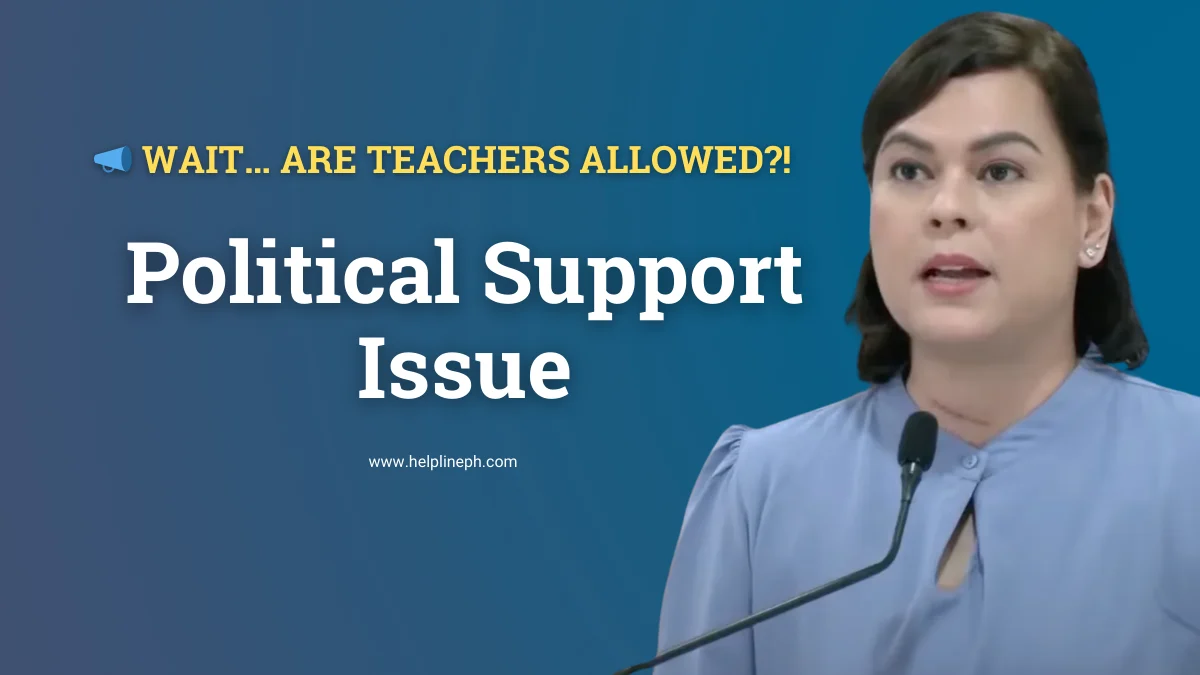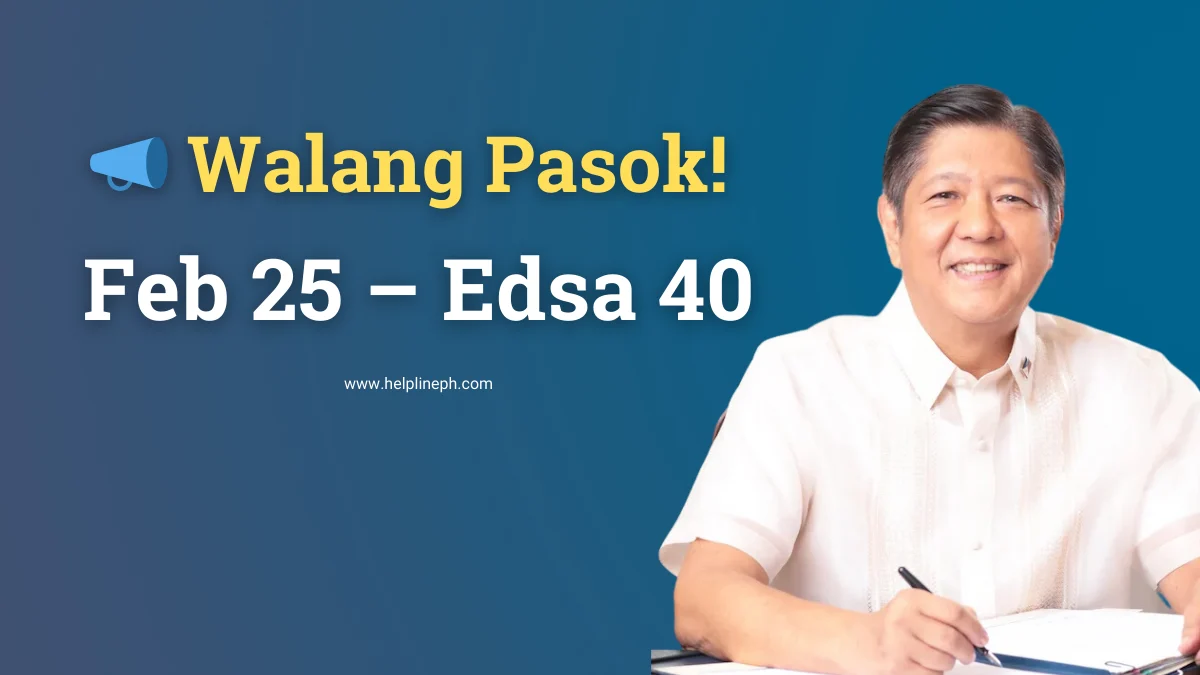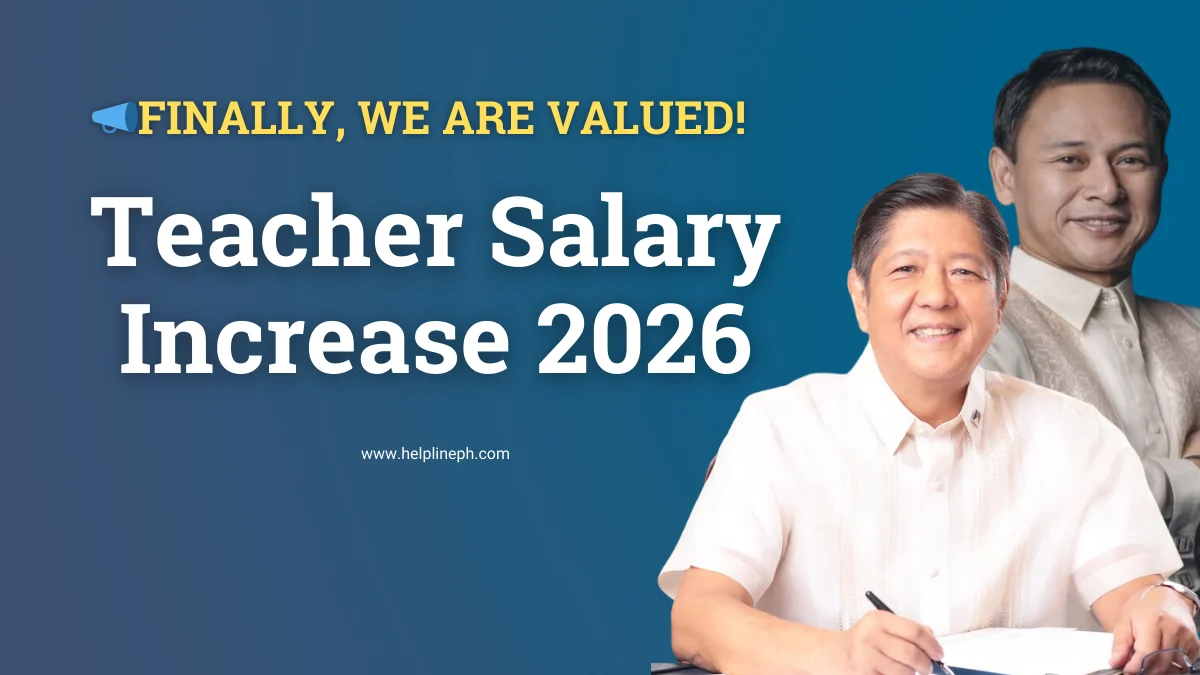In an important move to boost students’ learning abilities, the Department of Education (DepEd) is preparing to submit a proposal in the next two weeks. This proposal supports a plan to pause the regular school schedule for 8 to 12 weeks, allowing time to focus on a special learning recovery program. The aim is to help students improve their literacy and numeracy skills, as highlighted by the Second Congressional Commission on Education (EDCOM II).
This plan was discussed during a recent House Committee on Basic Education and Culture hearing. DepEd expressed support for House Resolution No. 1805, which seeks to temporarily suspend the usual academic schedule. DepEd Undersecretary Gina Gonong mentioned that the department is ready to work closely with Congress and EDCOM II to ensure the successful implementation of this initiative.
House Resolution No. 1805, sponsored by Representatives Roman Romulo and Jose Francisco “Kiko” Benitez, focuses on creating a better learning environment by implementing a recovery program after thorough preparations by DepEd. This program will provide targeted help to students who need extra support in catching up with their studies.
EDCOM II emphasized that DepEd’s position paper, expected to be submitted soon, will include a detailed budget and cost breakdown for the proposed interventions. The commission also pointed out the need for DepEd to establish clear policies for other parts of the National Learning Recovery Program (NLRP), such as the National Mathematics and Science Programs.
During the hearing, EDCOM II Executive Director Karol Mark Yee raised concerns about the current state of the NLRP. He noted that many students, like those in Grade 8 who struggle with basic math skills, might find it challenging to keep up with more advanced topics as they progress to higher grades.
President Ferdinand “Bongbong” Marcos, Jr. also highlighted the importance of continuing the national learning recovery program without any disruptions. He stressed the need for improvement in basic education, particularly in areas like information literacy, problem-solving, and critical thinking, where recent assessments have shown significant gaps.
DepEd’s upcoming proposal aims to address these issues by ensuring that learners across the country receive the support they need to succeed academically. This initiative, if approved, could play a crucial role in improving the overall educational standards in the Philippines.






